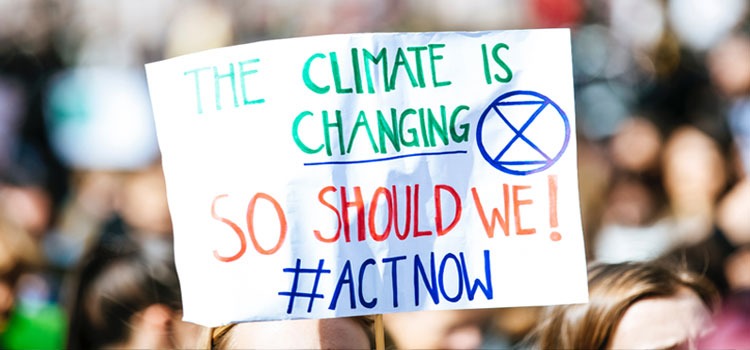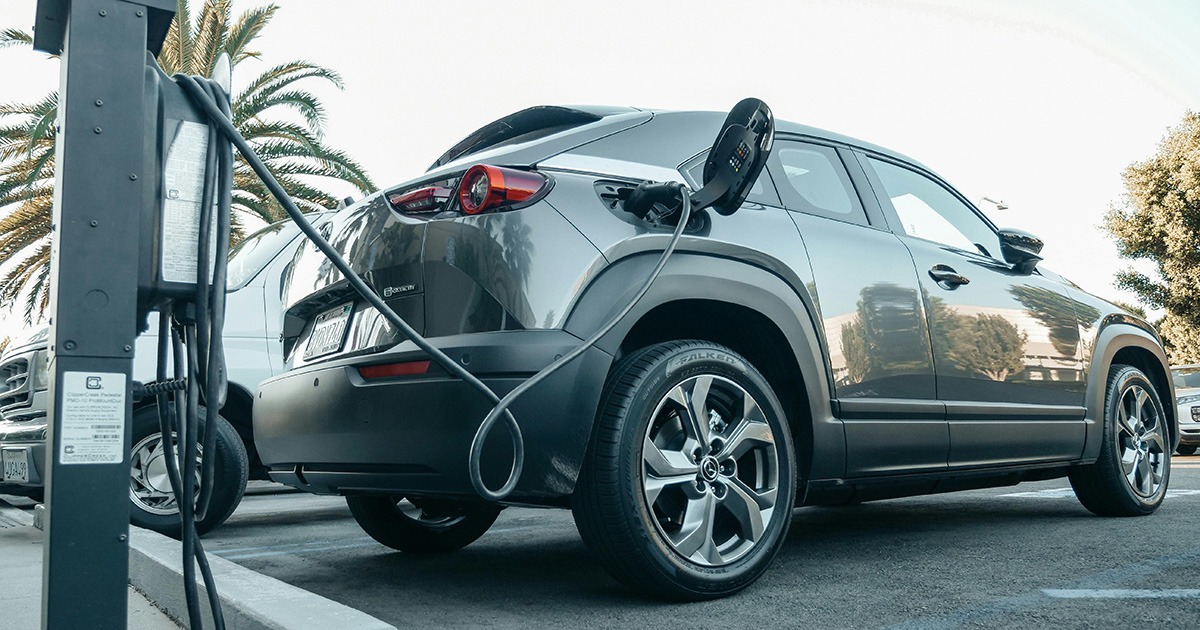 The United Nations has made it clear. Climate change is no longer something we can question or write off as only affecting areas and people far away. Impacts are happening right now, and to us. Specific effects are now traceable to specific locations. When it comes to facing the crisis head on, we’ll have to address it the same way: community-by-community.
The United Nations has made it clear. Climate change is no longer something we can question or write off as only affecting areas and people far away. Impacts are happening right now, and to us. Specific effects are now traceable to specific locations. When it comes to facing the crisis head on, we’ll have to address it the same way: community-by-community.
The recent update of the landmark UN climate report from the Intergovernmental Panel on Climate Change is again urging countries to cut greenhouse gas emissions or face a future with extreme, unpredictable weather patterns. Sea level could rise 7 feet by the end of the century. Alarms are again sounding — we need action, now.
The report offers scenarios of what might happen based on how vigorously we respond to the crisis. Strong, rapid sustained reductions in gases like carbon dioxide and methane are urgently needed.
While sobering, we also find reasons for hope in the work.
First: It’s not too late for action.
 Our favorite headline — if we stop burning gas and coal within this decade and the next, sea level rise will likely be limited to no greater than one foot. A similar case can be made for other impacts from climate change. If we stop burning fossil fuels in the next 20 years, kids in preschool today will confront a far less dangerous future.
Our favorite headline — if we stop burning gas and coal within this decade and the next, sea level rise will likely be limited to no greater than one foot. A similar case can be made for other impacts from climate change. If we stop burning fossil fuels in the next 20 years, kids in preschool today will confront a far less dangerous future.
The positive benefits of action have never been so plain.
Second: Pollution is definitely causing more extreme weather.
It’s not a theory anymore — burning fossil fuels is directly causing longer, more intense heat waves, more powerful hurricanes, and more destructive wildfires. We seldom find this certainty from this type of scientific work. Studying human effects on the climate is so difficult it has become its own scientific field.
Climate scientists have made such huge leaps in their understanding that they are now identifying the fingerprints from climate change-related pollution on hurricanes, floods, and wildfires around the globe.
Less uncertainty helps policymakers. It can provide a roadmap of sorts for doing the work to transform the economy to rely less on gas and coal while building out our renewable energy infrastructure.
Third: We can take steps now to prepare for a hotter Earth.
 Some of the impacts of climate change are already unavoidable. We’re all going to live on a planet with more heat-trapping gases surrounding us for the next few decades, at least. Even if we cut greenhouse gases today, sea levels would continue to slowly rise for half a century. The question confronting us now is whether or not this will be our last few decades of warming and rising.
Some of the impacts of climate change are already unavoidable. We’re all going to live on a planet with more heat-trapping gases surrounding us for the next few decades, at least. Even if we cut greenhouse gases today, sea levels would continue to slowly rise for half a century. The question confronting us now is whether or not this will be our last few decades of warming and rising.
Our preparation requires us to take action now. Even knowing the climate will continue to warm as we act, we can work with our local governments to plan ahead to help communities adapt.
If future summers look like this past year, cities must become better prepared to help residents address extreme heat. Those steps can include establishing cooling centers for the most vulnerable, building homes that are more energy efficient, and electrifying local transportation systems to limit air pollution.
The report also breaks down the climate effects by region, a crucial contribution for countries that lack the resources to publish their own climate assessments. That regional information is necessary to inform local decision making. We have finally arrived at a point where climate science can finally drive local policy.
So, how can we best prepare?
We are advocates for gathering inspiration and taking action. We remain hopeful. Let’s remind ourselves that we do have agency and have never had more certainty about how our actions impact people around the world. Let’s get busy!




 The United Nations has made it clear. Climate change is no longer something we can question or write off as only affecting areas and people far away. Impacts are happening right now, and to us. Specific effects are now traceable to specific locations. When it comes to facing the crisis head on, we’ll have to address it the same way: community-by-community.
The United Nations has made it clear. Climate change is no longer something we can question or write off as only affecting areas and people far away. Impacts are happening right now, and to us. Specific effects are now traceable to specific locations. When it comes to facing the crisis head on, we’ll have to address it the same way: community-by-community. Our favorite headline
Our favorite headline  Some of the impacts of climate change are already unavoidable. We’re all going to live on a planet with more heat-trapping gases surrounding us for the next few decades, at least. Even if we cut greenhouse gases today, sea levels would continue to slowly rise for half a century. The question confronting us now is whether or not this will be our last few decades of warming and rising.
Some of the impacts of climate change are already unavoidable. We’re all going to live on a planet with more heat-trapping gases surrounding us for the next few decades, at least. Even if we cut greenhouse gases today, sea levels would continue to slowly rise for half a century. The question confronting us now is whether or not this will be our last few decades of warming and rising.



